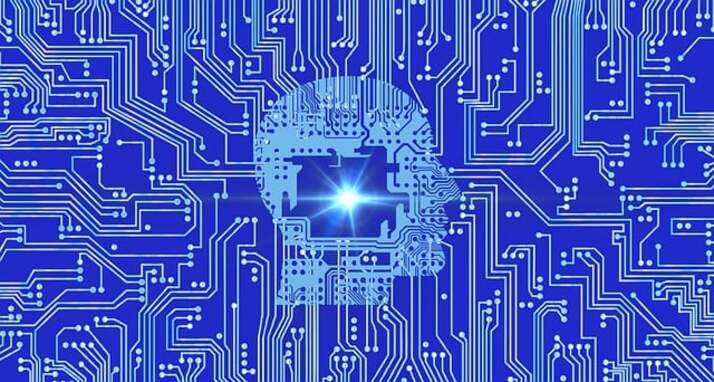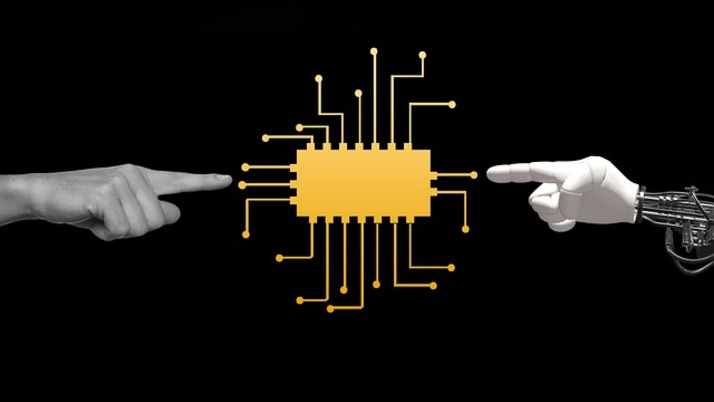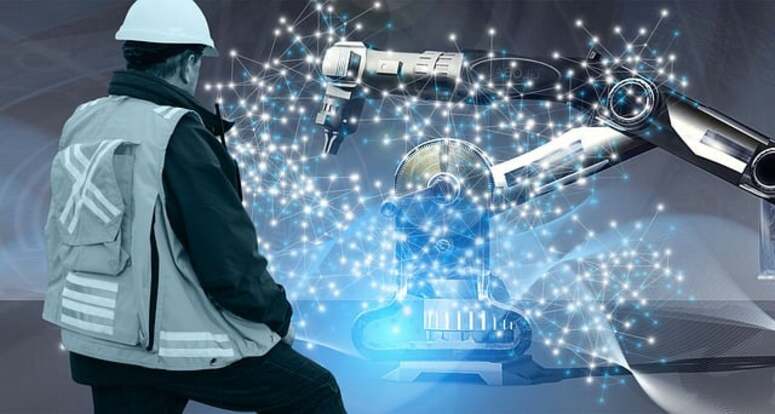
Digital strategy and the role of AI
The integration of artificial intelligence into a company’s development strategy is currently the trend. This machine automates the information acquisition process. It mimics human intelligence in its ability to analyze data, but far surpasses it in processing speed. After its analysis, AI arrives at approximate or definitive conclusions, in line with the instructions it has been given. In a digital strategy, it can simulate the ability of humans to make rational decisions, based on a flow of data.
The different types of technology associated with AI
AI can be a highly competent assistant. It helps us to carry out repetitive tasks. In companies, robotic automation of processes enables certain tasks to be sorted and analyzed automatically. AI adapts easily to the circumstances of automation. As a result, it is able to carry out a large volume of work compared with humans.
The basic technology of AI is machine learning. The more data it receives from Big Data or samples, the more it perfects its basic algorithm. To integrate this learning automation, you can choose between 3 models of learning algorithms.
- Unsupervised learning allows data to be recorded. The data is then sorted by the algorithm on the basis of similarities and differences.
- Supervised learning is based on data that has already been labelled. The machine easily recognizes patterns. It then uses this labelling model to automatically group identical data.
- Reinforcement learning, where the system itself carries out actions based on the instructions it receives.
One of the best-known technologies is natural language processing. In practical terms, this is a computer program that processes human language. It is mainly used in sentiment analysis, voice recognition and text translation. This applies to the creation of text for publication on websites and the drafting of job offers. Customer service chatbots can adapt to customer typology thanks to this. There’s also spam detection.
If we want to go further, robotics and autonomous cars are the embodiment of AI. Advances in robotics offer many advantages for industry. Assembly-line production is becoming cheaper, faster and more precise. As for autonomous cars, they are the result of a combination of different programming techniques. There’s image recognition and computer vision. Here, the AI has the ability to make decisions based on obstacles on the road. It drives on the lanes and manages to park without a human telling it what to do.
AI integrated into digital strategy
As you know, AI has proved its worth in all areas of business. Customer service is one of the pillars of a company’s development. When its management is automated, a company’s communication becomes simpler. Chabots are the most widely used in this sector. Thanks to the data they receive, they can improve customer support. In other words, AI progresses and becomes even more efficient and precise with each customer contact. This enables it to improve and meet the demands of the market.
It records customer requests as well as the customer’s reaction after each exchange. It analyses this information. It can then anticipate fluctuations in demand. In other cases, it can also predict when a customer will want to repeat their purchasing experience. For a company, this technology is a valuable advance in determining which products to offer customers at any given time. It can predict which product to promote at Christmas or during the festive season.
Chabots answer frequently asked questions from customers arriving on the site. As soon as the customer arrives on your site, the chatbot appears. It is very intuitive. Customers have the impression that they are talking to a human being, when in fact it is the AI that is answering them. In fact, this technology adapts easily to customers’ attitudes at the time of the discussion. Customers appreciate the assistance you offer. It encourages them to stay longer on your site and even to buy the products and services you offer.
The benefits of AI in digital strategy
The digital world is enabling the development of artificial intelligence. Big Data and major digital companies are behind the exponential growth of AI. It is becoming increasingly powerful as new software is integrated into it. What’s more, large quantities of data are processed by machine learning. There is no need to add a third-party programme for the AI to understand new knowledge.
The speed of data processing saves time in both production and distribution. There are a huge number of digital assistants. They range from automatic data entry software, through content creation, to algorithms for creating images from text. AI is also integrating the HR field. Sourcing, sorting summaries and assessing candidates’ skills are all taken care of by the software. They become automatic and fairer. Some AIs offer complete follow-up of recruitment as well as the integration of the employee into the company.
Cooperative robots make it easier to collaborate with all the partners in a company. Your employees can follow training courses or conferences via a single platform. They can be accessed via any medium. These intelligent machines are so much a part of our daily lives that it’s impossible to imagine the future without robotics and automation.
Autonomous vehicles and drones are also a form of AI that companies are using. You can already see driverless trains and cubes. In the near future, buses will also be autonomous. They will be programmed to follow a very precise route and stop at each stop. In the medical field, it is not uncommon to see robots performing minor surgery. Other machines carry out medical analyses in place of a human. At present, these robots require human supervision and maintenance. But it won’t be long before these intelligent machines do their own monitoring and updating.












